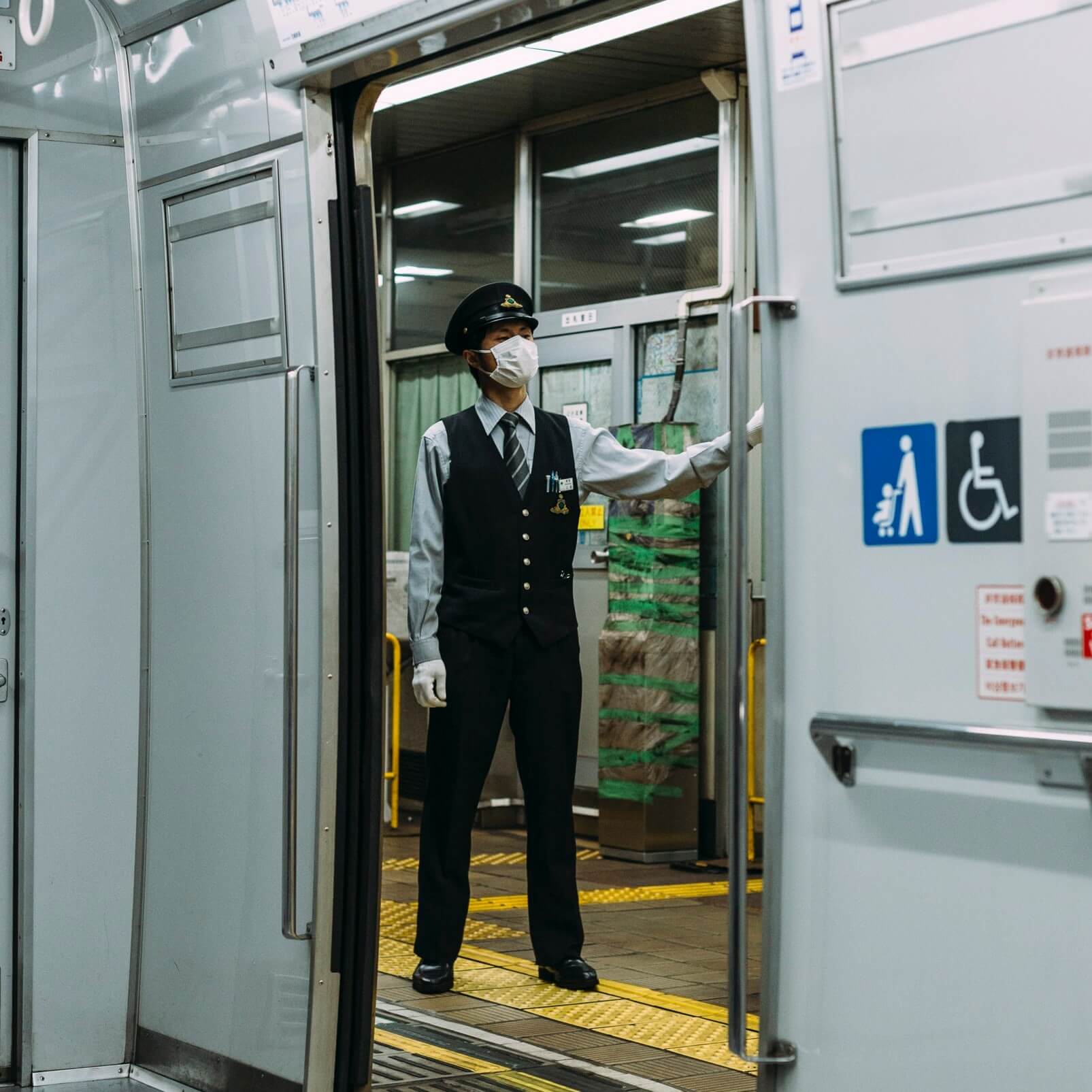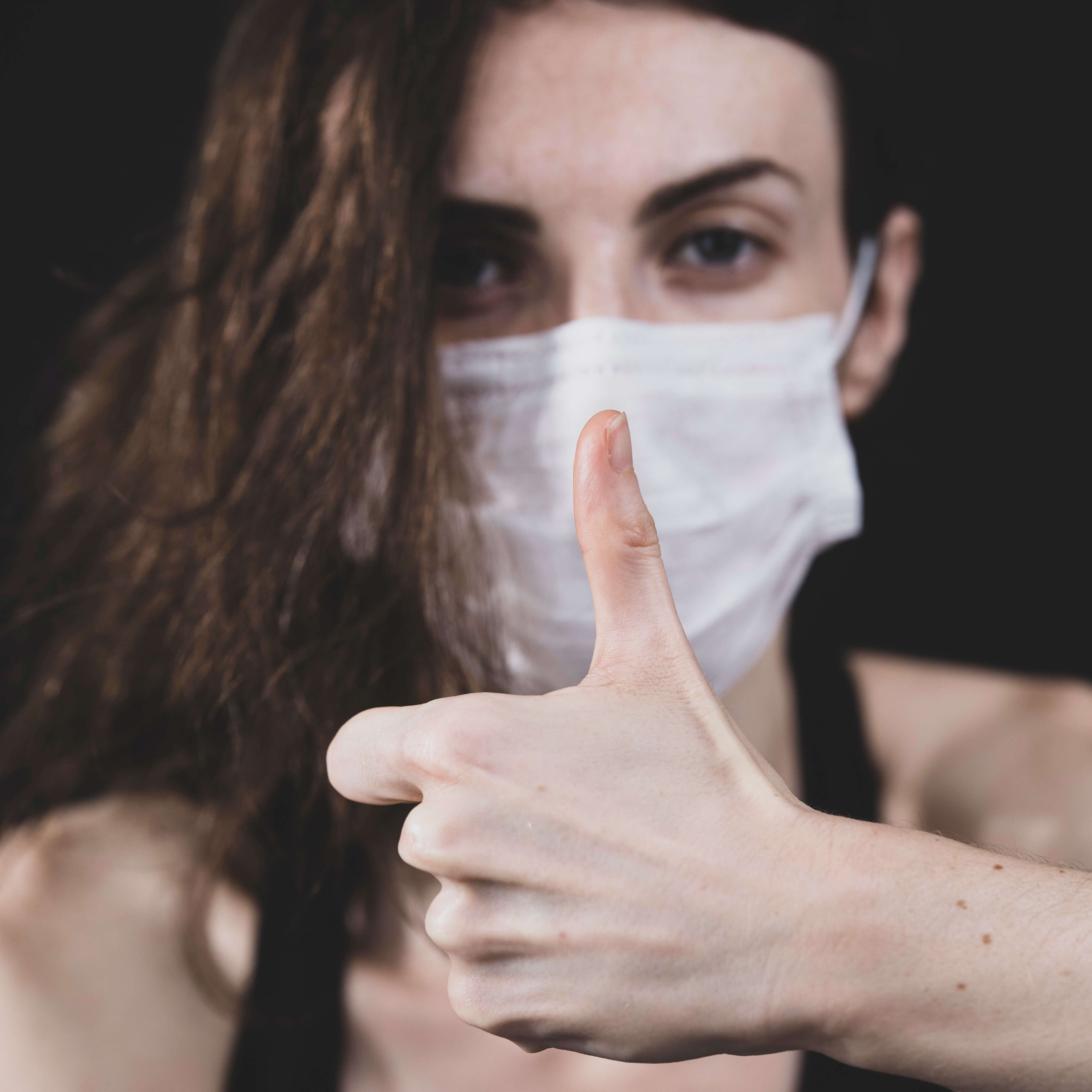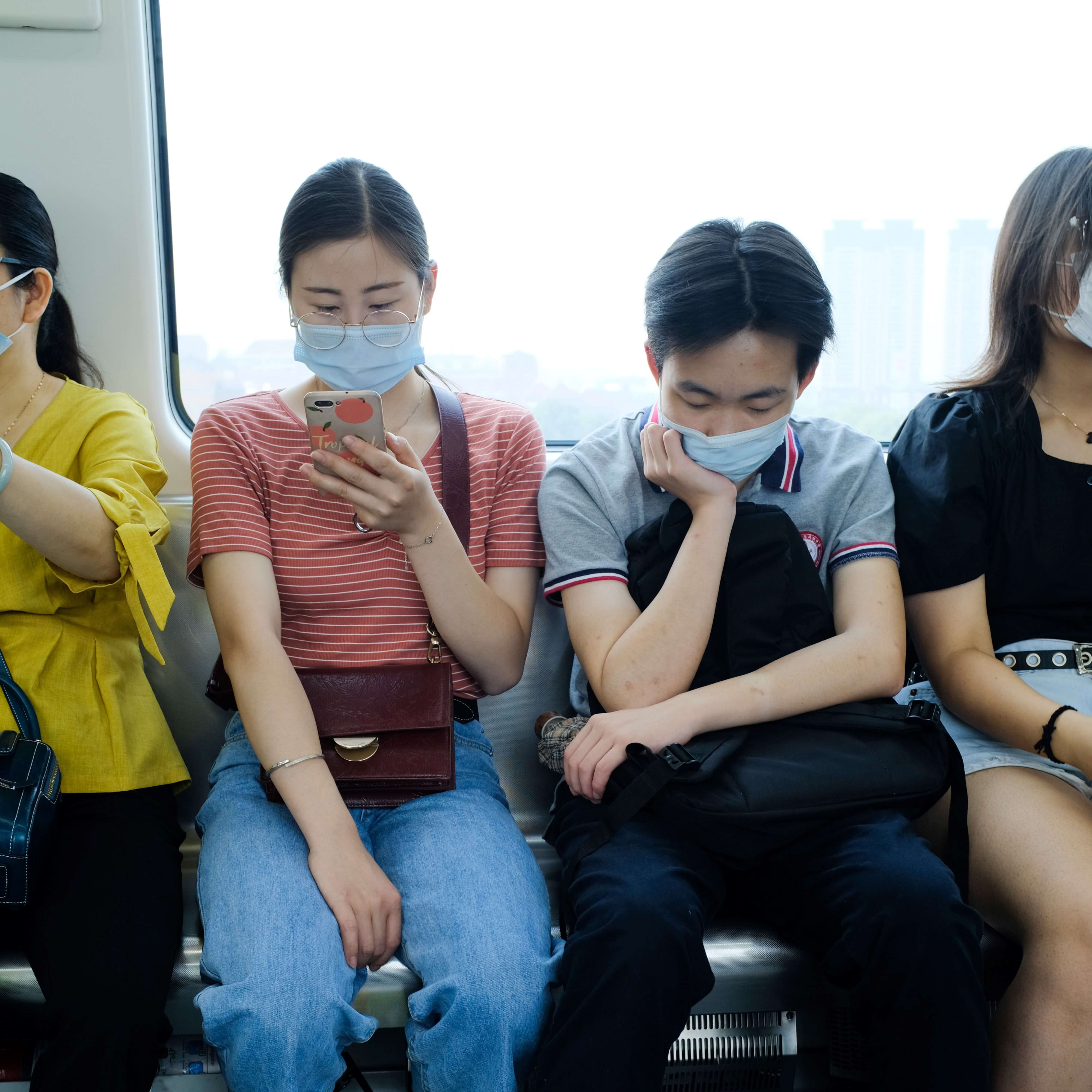
What Does Covid Do to Your Lungs?
COVID-19 is a respiratory infection that affects the lungs in various ways. Some are mild, while others are severe. Those who suffer from the COVID-19 infection might not be affected by all lung illnesses, but it is essential to know them. So, how does COVID affect the lungs?
This article will cover all you need to know about COVID-19 lung damage and the long and short-term effects of the illness.
Possible Impacts of COVID-19 on Lungs
The effects of COVID-19 on the human body are vast. However, one of the most vital organs it hits is the lungs. Here are some possible impacts COVID-19 might have on your lungs.
Bronchitis
You can quickly identify bronchitis brought on by COVID-19 due to the excessive production of sputum in the airways.
This excess production contributes to symptoms such as coughing, chest pain, and tightness in the chest. In addition, the phlegm constricts the airways, which could cause shortness of breath during COVID-19.
After the initial infection has been cleared up, bronchitis patients may still experience a cough for several weeks or even months. Because of their persistent nature, chest congestion and coughing could affect the patient's quality of life for a long time.
Pneumonia
In some cases, you might find fluid in the lungs during COVID, and this is caused by pneumonia.
When a person gets pneumonia, their lungs swell up and fill with fluid, which makes it difficult for them to breathe. Some people's breathing issues may become so severe that they require medical attention in a hospital. They may be given oxygen and a ventilator to help them breathe while being treated there.
In many cases, pneumonia that COVID-19 brings on will attack both of a person's lungs. Coughing, difficulty breathing, and other common symptoms may arise when the fluid-filled air sacs in the lungs hinder the organs from taking in oxygen.
This can also cause the lungs to feel congested. Therefore, the air sacs may burst, resulting in even more severe symptoms.
Although most people who get pneumonia fully recover without any long-term lung damage, pneumonia brought on by COVID-19 can be an extremely severe illness. Damage to the lungs can lead to breathing difficulties long after treating the disease. Sadly, it may take several months to resolve completely.
Acute Respiratory Distress Syndrome (ARDS)

As COVID-19 pneumonia worsens, more air sacs may become expanded due to fluid leakage from the tiny blood vessels in the lungs.
This may cause the patient to experience breathing difficulties. If the lungs are not functioning correctly, a condition known as acute respiratory distress syndrome (ARDS), which is characterised by difficulty breathing, might develop.
COVID-19 patients diagnosed with ARDS often require the assistance of ventilators since they cannot breathe independently. Receiving a diagnosis of ARDS can have devastating effects. Those individuals who are lucky enough to survive COVID-19 and ARDS may be left with lifelong lung scarring.
Sepsis
Sepsis is a possible complication of a severe case of COVID-19 infection. It is a syndrome that develops when an infection enters the bloodstream and then travels through the body. This causes damage to the tissues at each stage of its passage.
The body's different systems operate together to work as one. However, sepsis breaks down the organs' ability to cooperate with one another. As a result, the heart and lungs may fail one after the other.
Even if you treat sepsis successfully, you may still have irreversible lung and other organ damage.
Superinfection
When you get infected with COVID-19, your immune response goes into overdrive to destroy the virus. Consequently, there is a potential for you to catch another infection due to how vulnerable your immune system is. This new infection could lead to more lung damage.
Even if the treatment is successful, your lung health may worsen if you get another infection.
Breathing Issues After COVID-19
Some people may experience lingering symptoms such as shortness of breath. Alternatively, they could experience weariness even after engaging in minimal activities. It is also possible that scarring of the lungs and other problems may become permanent in patients with severe cases of COVID-19.
Granted, most people recover from COVID-19 in the lungs, but it will take some time. It may take many months for a person's lung function to return to where it was before exposure to COVID-19.
If you have breathing issues after getting COVID-19, you should consider engaging in breathing exercises as well as other types of respiratory therapy.
Recovering from Lung Damage
Ultimately, recovering from COVID-19 varies from person to person. A patient's lungs after COVID may eventually recover. However, this recovery process may take some time.
Even once the tissues have healed, it may take anywhere from three months to a year or even longer for the lung function to return to its pre-COVID-19 levels.
Taking COVID-19 vaccinations, including boosters, is essential to survive the infection and possibly ensure that lung scars are not permanent. However, if you have had COVID-19, you should stay in touch with medical professionals to help you recover properly.
Furthermore, it is important to catch the virus on time to receive adequate treatment and reduce the effects of the infection. Hence, you should ensure to use a lateral flow test. You can use the Flowflex COVID-19 test or Healgen rapid antigen test.
Conclusion
There are various possible impacts of COVID-19 on your lungs, both long and short-term.
Acute respiratory distress syndrome (ARDS) and pneumonia are just two pulmonary effects that could appear after getting COVID-19. Sepsis, another potential COVID-19 illness, can also result in long-term harm to the lungs and other organs.
Furthermore, newer coronavirus variants may cause an increase in the prevalence of bronchitis and other airway disorders in the general population. In some cases, people with this condition may need to be hospitalised.
That said, most of these illnesses are treatable, and you can recover with the right treatment and a little patience.



